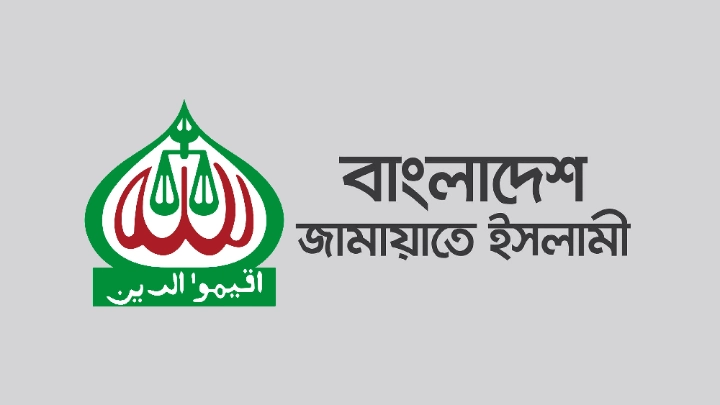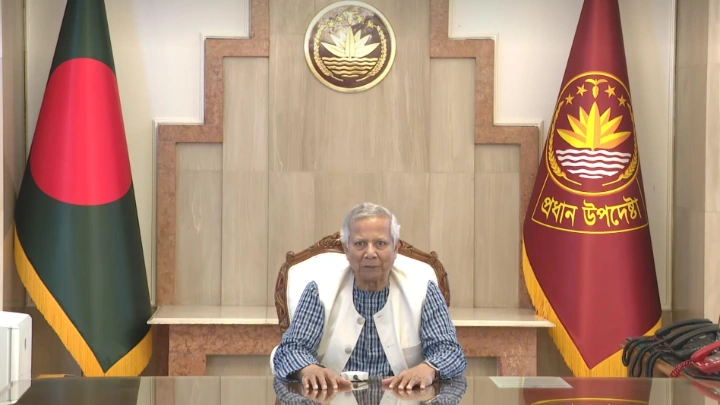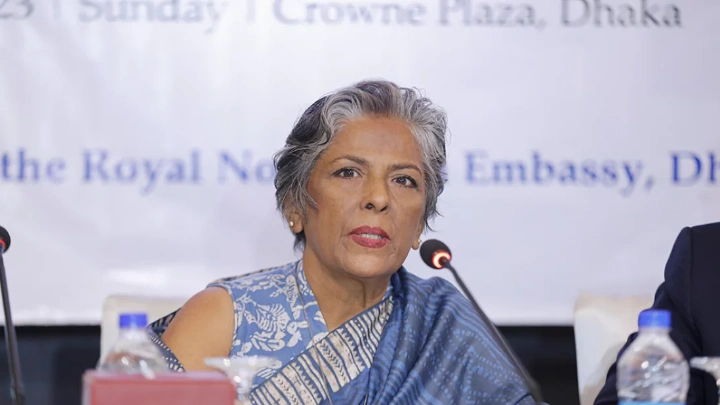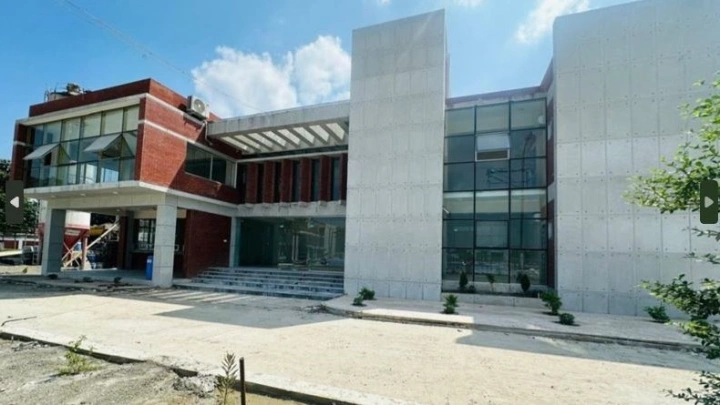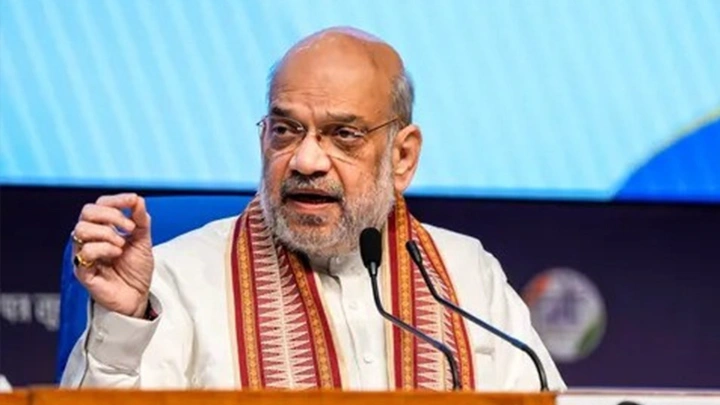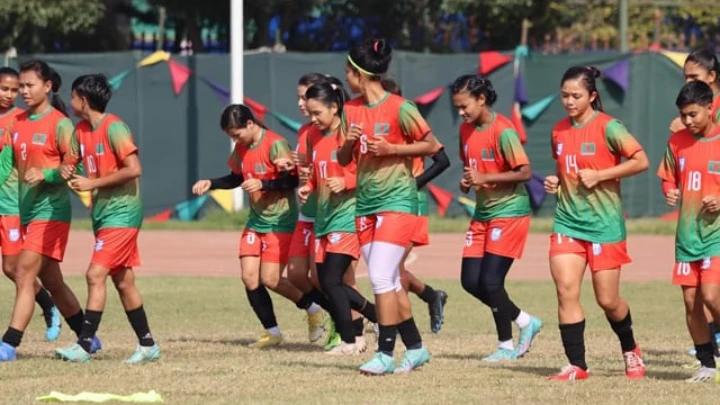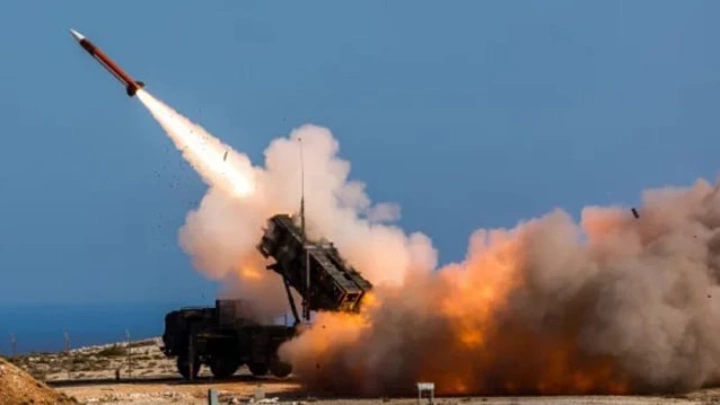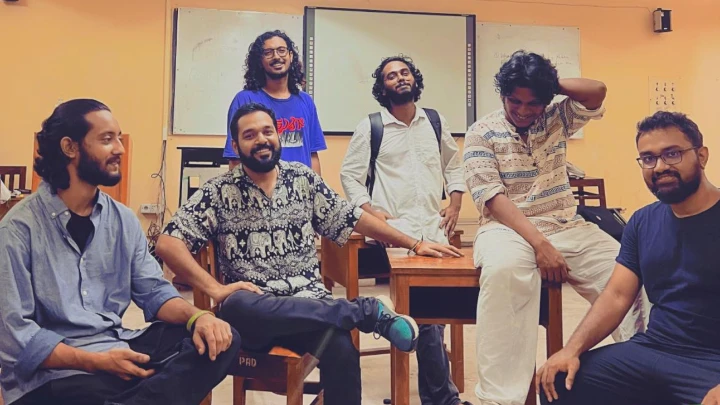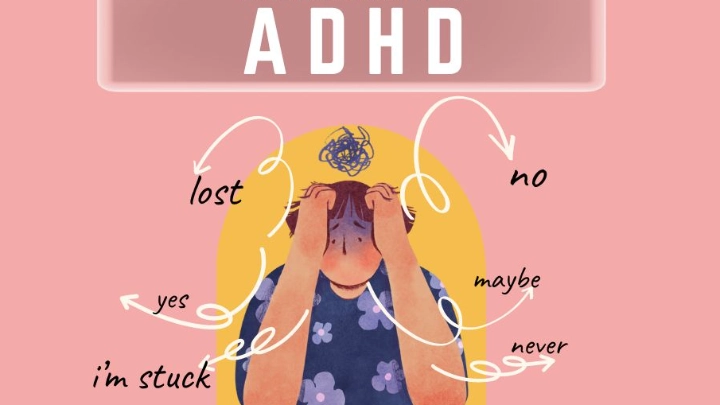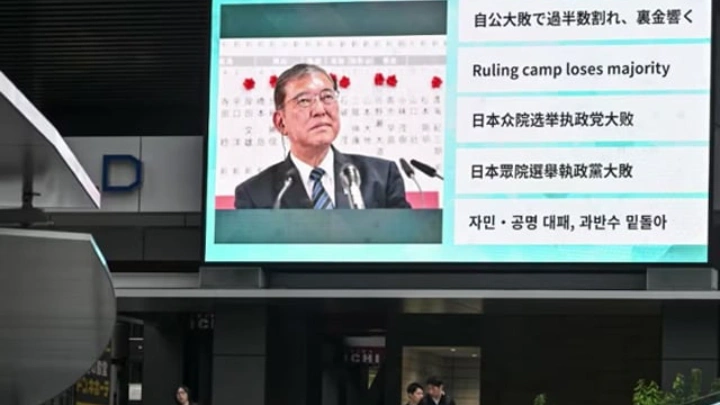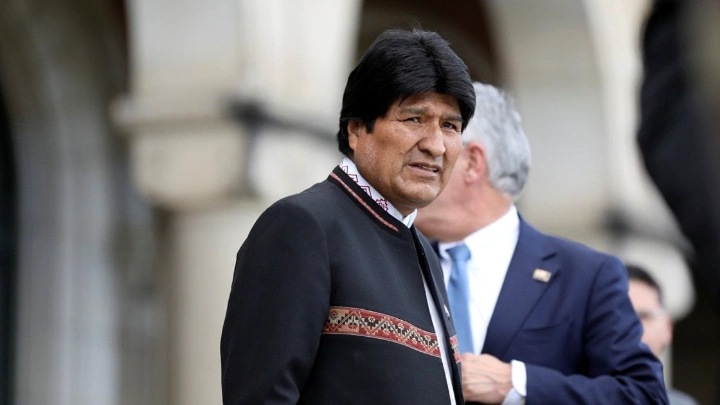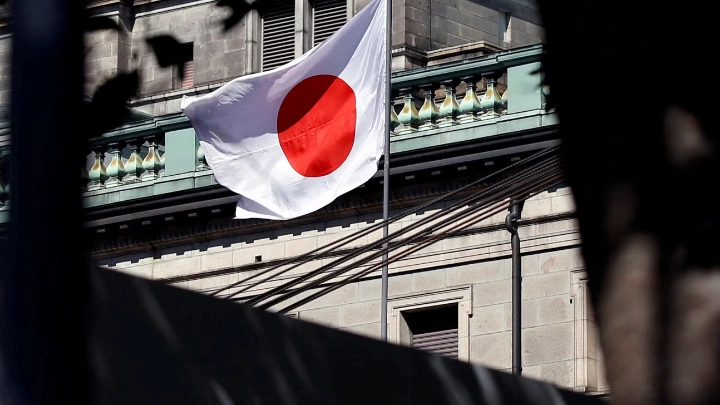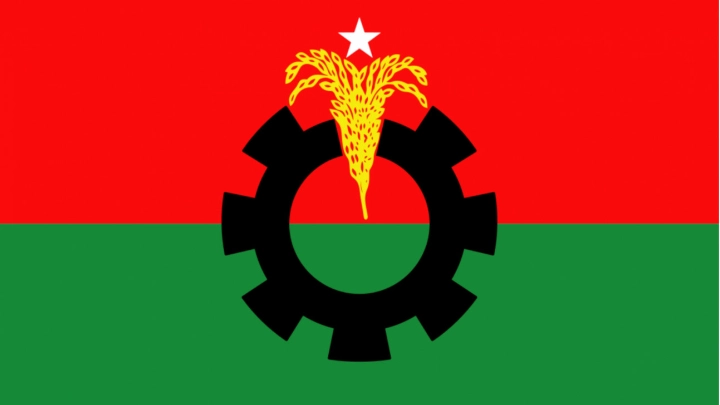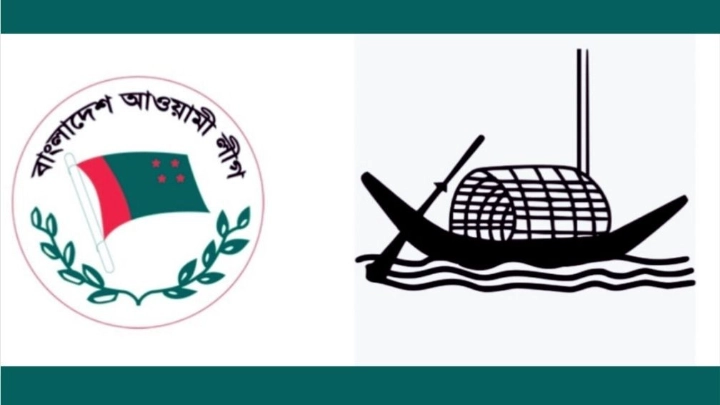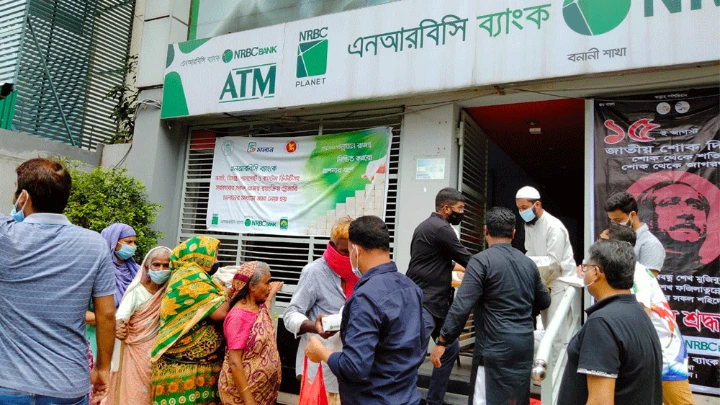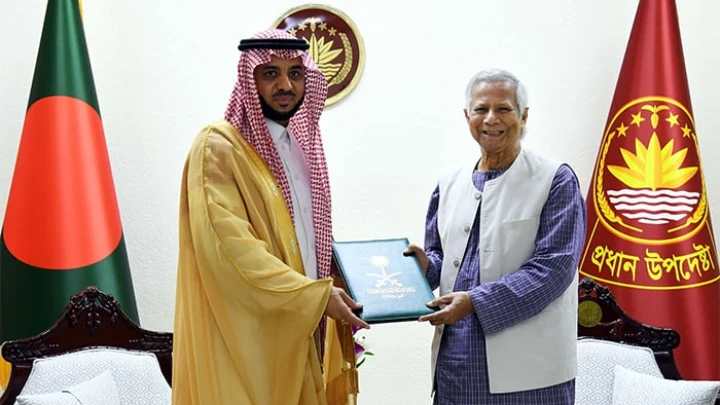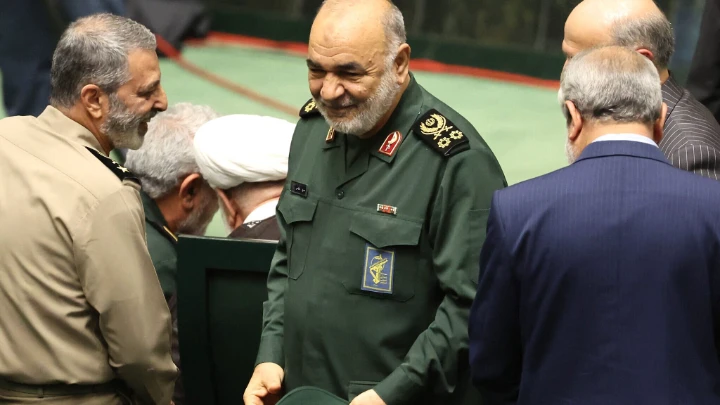Jamaat-e-Islami: A megalomaniac party stained by history of brutality, denial
DailySun || Shining BD
Ever since its genesis back in August 1941 by Syed Ab’ul Ala Maududi at Islamia Park, Lahore in British India, the Jamaat-e-Islami has always been against the tide with flagrant disregard for people’s optics. It has always maintained a tutelary relationship with those in power as it opposed the birth of Pakistan in 1947 and repeated the same mistake during the Great War of Liberation of Bangladesh in 1971.
After the independence of Pakistan, the party’s founder and ideological leader Maulana Maududi joined the anti-Ahmadi agitation relocating himself from Hyderabad to Lahore and came up with the most systematic denunciation of Ahmadis in his book Qadiyani Mas’alah (The Ahmadi Problem) as well as inflammatory articles in his newspaper “Tasnim”, which fuelled the violence that caused the death of over half million of Ahmadis in Punjab in March 1953.
Following the riot, he was charged with violating martial law regulations and “promoting feelings of hatred between different groups in Pakistan”. Maududi was found guilty of sedition and sentenced to death on 11 May 1953 though he was released two years later due to the interference of the then Saudi king.
Sixty years later in 2013, several of his followers and the frontmen of Bangladesh Jamaat-e-Islami, including Ameer Motiur Rahman Nizami, Secretary General Ali Ahsan Mohammad Mujahid, Assistant Secretary Generals Mir Quasem Ali, Abdul Quader Molla and Muhammad Kamaruzzaman, were hanged for their crimes against humanity, conducted during the Liberation War of Bangladesh in 1971.
The party’s former Ameer and East Pakistan wing’s founding Secretary General Ghulam Azam and Nayeb-e-Ameer Delwar Hossain Sayedee served imprisonment until death, while its several other leaders including Chowdhury Mueen-Uddin, Ashrafuzzaman Khan and Abul Kalam Azad could escape death sentence verdict as they fled the country.
The International Crimes Tribunal questioned the role of Jamaat-e-Islami in their judgements, documenting its involvement in forming auxiliary forces for the Pakistan Army like Razakar, Al-Badr, Al Shams and the Peace Committee that were implicated in various atrocities against unarmed civilians and pro-liberation intellectuals during the Liberation War of Bangladesh.
In its verdict against former Jamaat Ameer Ghulam Azam, the ICT-1 observed, “… Jamaat-e-Islami, as a political party under the leadership of accused Prof Ghulam Azam, intentionally functioned as a criminal organisation, especially during the War of Liberation of Bangladesh in 1971.”
Jamaat’s politics was banned for their opposition to the nation’s Liberation War and their collaboration with Pakistani forces in the early years of independent Bangladesh. After the bloody changeover in 1975, in the disguise of the Islamic Democratic League, Jamaat reappeared in the political scenario. Its student wing Islami Chhatra Sangha had to change its name to Islami Chhatra Shibir due to its brutal acts in 1971.
The party’s runaway leader Ghulam Azam entered the country with a Pakistani passport in 1978 and it revived on 25 May 1979. In the later years, Jamaat established many voluntary and service-oriented institutions to gain ground among people and reorganised its activists to contest several national elections. But it went to power in 2001, forming an alliance with the Bangladesh Nationalist Party (BNP).
The High Court on 1 August 2013 scrapped Jamaat’s registration with the Election Commission following a writ petition filed by Bangladesh Tariqat Federation’s Secretary General Rezaul Haque Chandpuri and 24 others. And later, the Appellate Division of the Supreme Court also upheld the decision.
It is worth mentioning that despite being a Pakistani citizen, Ghulam Azam was made Jamaat’s Ameer in 1991. The incident made many furious and a group of civil society members formed Gono Adalat and announced a symbolic verdict of the new Jamaat Ameer. The demand for ensuring the trial of Jamaat leaders and banning the party for its criminal acts during the Liberation War resurfaced when a movement was launched forming another platform named Gonojagaran Mancha in 2013.
Jamaat never regretted or offered an apology for its role in 1971. The issue of offering an apology was discussed within the party, but no decision was made in this regard. Its Assistant Secretary General Barrister Abdur Razzaq resigned in 2019, citing the party’s failure in this regard.
This time the government is going to ban Jamaat and its student wing Shibir accusing their members of conducting violent activities and damaging public property intruding into the quota reform movement.
The cadre-based Jamaat was banned twice -- in 1959 and 1964 in Pakistan -- apart from its ostracised position in the post-independence era. Therefore, such an experience is nothing new for the 83-year-old party. Now the question is how its numerous activists will continue their politics. Which masks will they wear this time instead of waiting for Jamaat's another chance for revival?
Shining BD

